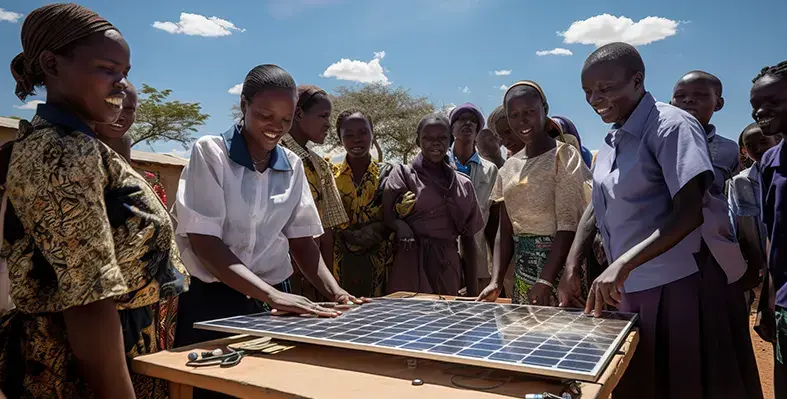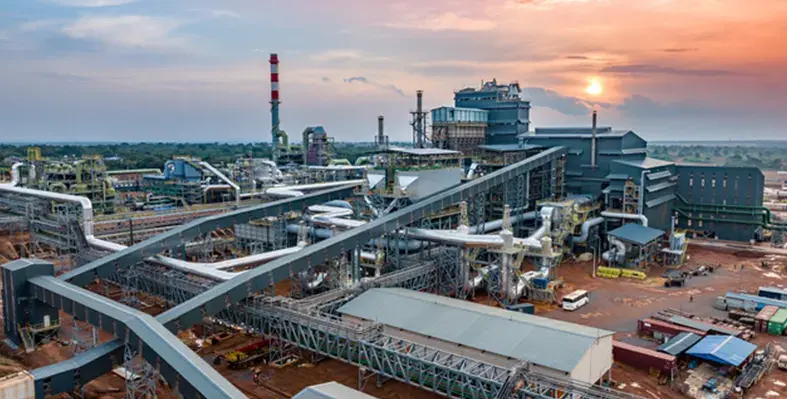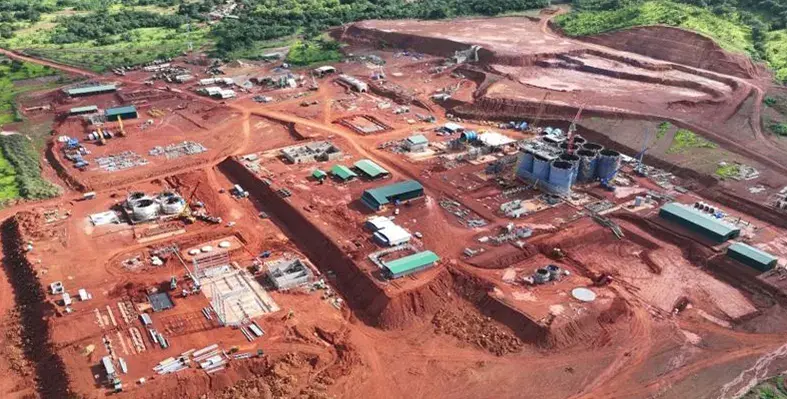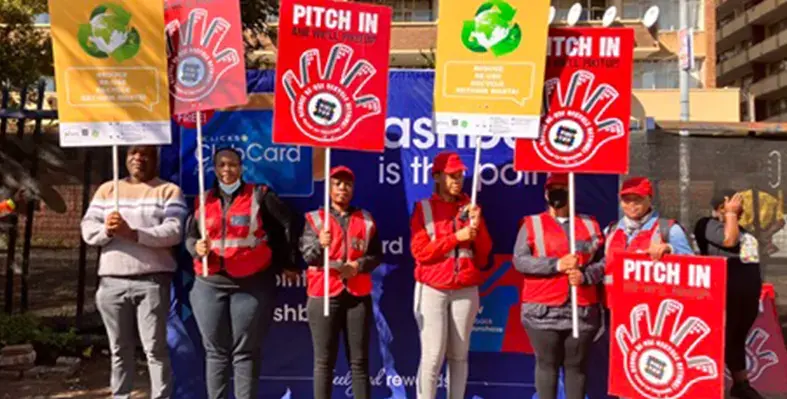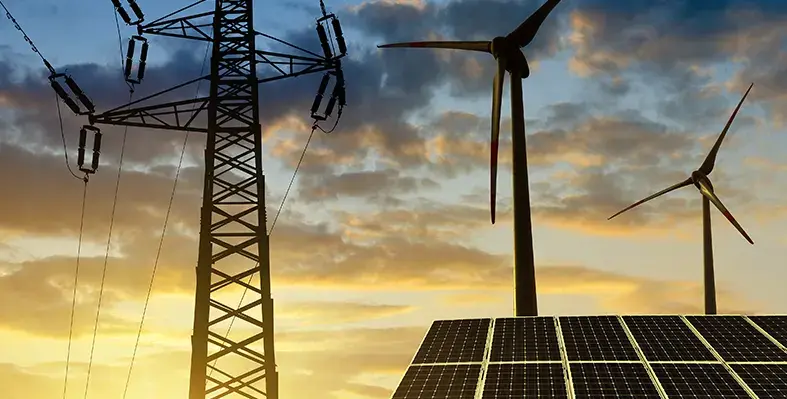Scatec venture, Release, has signed new lease agreements totalling 64 MW of solar power and 10 MWh of battery storage across Liberia and Sierra Leone
Designed to overcome financial and technical barriers associated with adopting solar energy, Release is a flexible leasing agreement of pre-assembled solar PV and battery equipment to deliver a low cost, clean, and reliable power solution.
“These agreements mark a significant step in strengthening our renewable energy presence and delivering flexible, modular ‘lease-to-own’ solutions to utilities in sub-Saharan Africa,” said Scatec CEO and chairman of Release, Terje Pilskog.
“The projects are designed to replace expensive fossil fuel generation, improve grid reliability, and support local economic development.”
Release receives support from the World Bank’s IFC through a US$100mn loan and a US$65mn guarantee facility, established in 2023, securing payment obligations from Release’s clients.
The partnership enables Release to offer affordable, clean power to African utilities with reduced financial risk, simplifying renewable energy adoption.
In Liberia, Release has entered into a 15-year lease agreement with the state-owned Liberia Electricity Corporation (LEC) for the development of a 24 MW solar plant combined with a 10 MWh battery energy storage system (BESS) in Duazon, near Monrovia.
It also secured a 40 MW solar project in Sierra Leone through a lease agreement with the national utility EGTC and the Ministry of Energy.
These two projects will be the first projects where Release will use its newly-introduced solar panel mounting structure designed by its engineering team in South Africa, representing a milestone for the company and marking a start to a new way of delivering its projects.
Release is owned by Scatec (68%) and Climate Fund Managers (CFM) (32%) via its EU-supported Climate Investor One Fund, a US$1bn blended finance facility focused on renewable energy infrastructure in emerging markets.
Scatec has been proactively growing its own Africa footprint directly in the past year, as it builds out a total of 6.2 GW in operation and under construction across five continents.
That includes South Africa, where it was recently awarded 846 MW of solar power in the sevent round of the REIPPPP, its largest ever solar award in the country.
Read more:
Renewables surpass coal in global electricity
Sola launches Africa's first multi-buyer solar project
https://africanreview.com/energy/maxion-wheels-south-africa-solar-power








